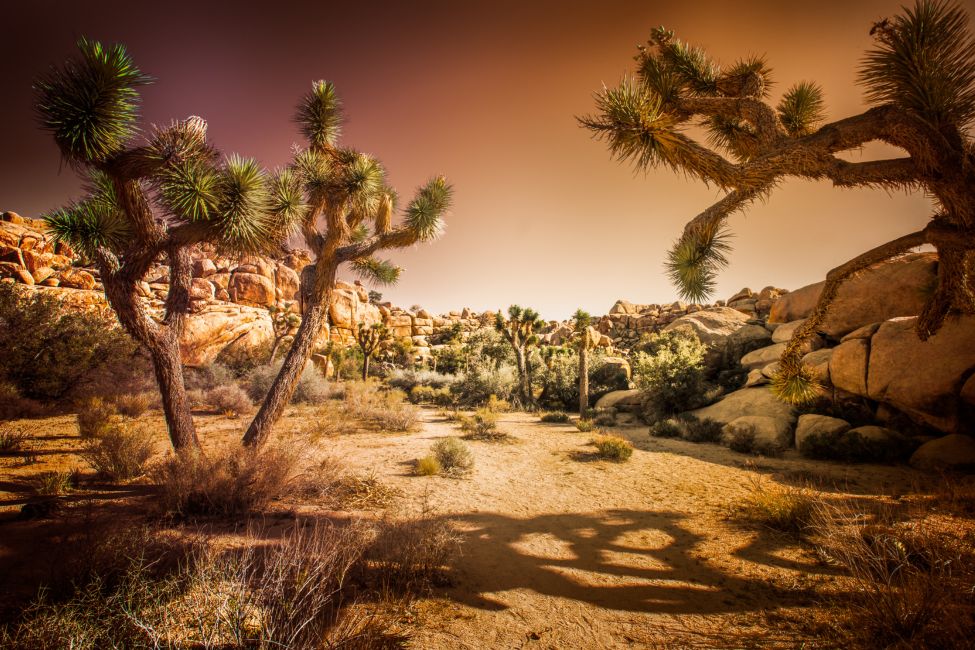
- Details
- By Darren Thompson
U.S. Representative Raul Raiz (D-CA) announced in a press conference that he supports efforts to memorialize the public lands and is asking President Biden to designate them as a National Monument.
Raiz said that earlier in September, he began the legislative process to memorialize the lands by introducing the Chuckwalla National Monument Establishment and Joshua Tree National Park Expansion Act of 2023.
Raiz was joined by Colorado River Indian Tribes Councilmember Tommy Drennan; Fort Yuma Quechan Indian Tribe President Jordan D. Joaquin; Colorado River Indian Tribes Council Elder David Harper; California Natural Resources Agency Secretary Wade Crowfoot; Desert Hot Springs Councilmember Gary Gardner; Indio Mayor Oscar Ortiz; and local tribal community members, and representatives from conservation organizations in the region.
The bill’s full statement reads, “A bill to provide for the protection of natural and cultural resources, Tribal collaborative management, sustainable economic development, enhanced recreation, and equitable access on Federal lands in eastern Imperial and Riverside counties, California, and for other purposes; to the Committee on Natural Resources.”
If the bill passes, it would be the fourth monument President Biden has dedicated that is significantly important to Indigenous peoples. The other national monuments that have been designated by President Biden that were Indigenous-led or partnered include the re-dedication of the 1.3-million-acre Bears Ears National Monument in Utah, the half-million-acre Avi Kwa Ame National Monument in southern Nevada’s Mojave Desert, and the 1.1-million-acre Baaj Nwaavjo I’tah Kukveni National Monument adjacent to the Grand Canyon.
After the bill was introduced to the House, it was sent back to the Committee on Natural Resources. The Committee’s Ranking Member is Arizona Congressmen Raúl Grijalva, a Democrat from Tucson that has supported and led efforts to designate the Baaj Nwaavjo I’tah Kukveni National Monument adjacent to the Grand Canyon in northern Arizona.
Advocates, such as the National Parks Conservation Association (NPCA), the Protect California Deserts Coalition, Protect ChuckWalla National Monument, and more than 15 federally recognized tribes in the region are hoping to protect an additional 660,000 acres on the southern border of the Joshua Tree National Park. The proposed plan includes lands in southern California, Riverside and Imperial Counties.
The other proposal would expand the Joshua Tree National Park an additional 17,000 acres east toward the Eagle Mountain area. Eagle Mountain is a mining town that was recently purchased for $22.5 million.
The land within the proposed monument boundaries is all under the Bureau of Land Management (BLM). Designating the lands would protect the region and provide a larger space between development and the Joshua Tree National Park. National monument designations can only be applied to federally managed land within monument boundaries, and a designation would not impact private land or existing uses of the land, such as a valid mining permit, located within the proposed monument boundaries.
A National Monument designation can be approved in two separate ways: through the halls of Congress or designation by the president through the Antiquities Act.
On July 18, the Bureau of Land Management hosted its first and only public commenting session on the proposed Baaj Nwaavjo I’tah Kukveni National Monument in Flagstaff, Arizona. At the meeting, leaders from Grand Canyon-based tribes, along with local elected officials and other community leaders, urged representatives from the U.S. Forest Service, BLM, and the U.S. Dept. of Agriculture to pressure the president to designate the lands under the Antiquities Act.
Less than a month later, on August 8, Biden designated the Baaj Nwaavjo I’tah Kukveni National Monument, citing Indigenous peoples’ ties to the land and to protect them from uranium mining.
More Stories Like This
Feds release draft long-term plans for Colorado River managementApache Leader Walks 60 Miles to Court Hearing That Will Decide Fate of Sacred Oak Flat
Rappahannock Tribe Raises Sovereignty and Environmental Concerns Over Caroline County Water Permit
Klamath Indigenous Land Trust Purchases 10,000 Acres as Salmon Return
Trump signs law that revokes some limits on drilling in Alaska’s National Petroleum Reserve
Help us defend tribal sovereignty.
At Native News Online, our mission is rooted in telling the stories that strengthen sovereignty and uplift Indigenous voices — not just at year’s end, but every single day.
Because of your generosity last year, we were able to keep our reporters on the ground in tribal communities, at national gatherings and in the halls of Congress — covering the issues that matter most to Indian Country: sovereignty, culture, education, health and economic opportunity.
That support sustained us through a tough year in 2025. Now, as we look to the year ahead, we need your help right now to ensure warrior journalism remains strong — reporting that defends tribal sovereignty, amplifies Native truth, and holds power accountable.
 The stakes couldn't be higher. Your support keeps Native voices heard, Native stories told and Native sovereignty defended.
The stakes couldn't be higher. Your support keeps Native voices heard, Native stories told and Native sovereignty defended.
Stand with Warrior Journalism today.
Levi Rickert (Potawatomi), Editor & Publisher

